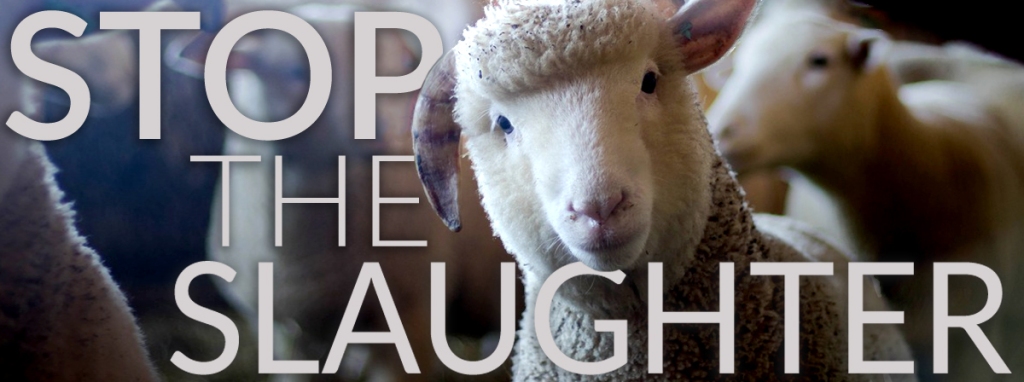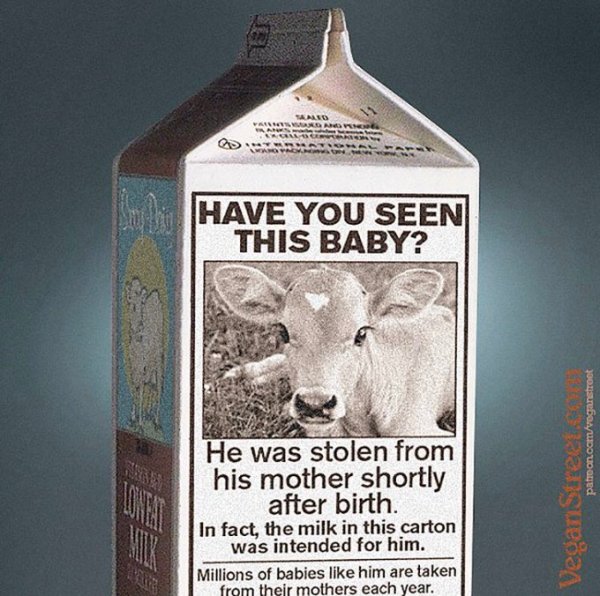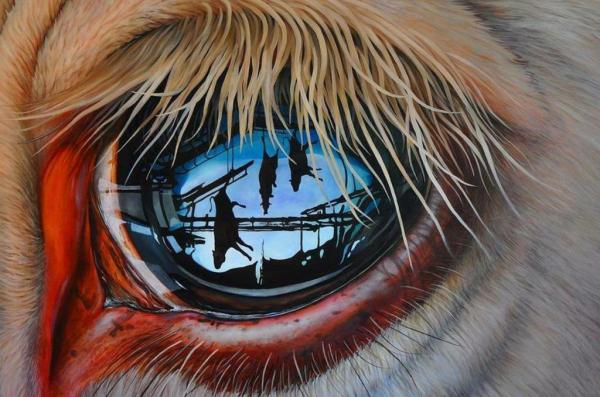The Normalization of Nonhuman Oppression in Education
Source Free From Harm
By

One of the greatest challenges faced by the animal liberation community is the normalization of violence against, and captivity of, nonhumans that is imposed upon human children. This is widely discussed as problematic with respect to events in a child’s life, such as visiting a zoo or a circus, or attending a Fourth of July barbecue. As I recently became a literacy tutor specializing in elementary school students, I find that this is also prevalent in the materials one is expected to use as well as those provided by both public and private elementary schools.
Reading Skills Grade 3, published by Flash Kids, is one of many widely available workbooks used by tutors to provide support to elementary school students who are not reading at grade level. (The number of such students in New York City is astounding; as of 2013, a staggering seventy-four percent of students in grades 3-8 in New York City were reading below grade level. In 2015, nationally, nearly one-third of 4th-, 8th-, and 12th-grade students read below “basic” level, while just over one-third read at or above “proficiency.”) This workbook includes a number of exercising regarding paragraphs. One section pertains to finding the main idea— students are given a brief paragraph and then asked to choose from four options which best states the main idea of what they have just read.
I was disappointed to find when I first began working with this book that a significant number of the passages related to some form of animal exploitation. One passage had to do with the responsibilities of being a zookeeper, with no regard whatsoever for the victim’s perspective— what it’s like to be a “zoo animal.” The passage, of course, glorified the role of zookeeper and depicted it as a nonhuman animal’s friend and caretaker. In short, it described zookeepers as they might describe themselves, glorifying the captor while ignoring the captive. Another passage described a young boy’s dedication to fishing in such a way that it appeared almost admirable. The focus of said passage was on his patience and determination, not on the act of murder to which he was so devoted. Indeed, in the passage, the boy never actually caught a fish; but we are supposed to admire him for waiting all day and all night, not making a sound, determined to reach his goal.
Please read rest HERE
until we recognize our own “animal” state
our fellow beings will still suffer terrible fates.
we must learn and teach that in the eyes of the
creator,
whatever his/her name
we are all his/her children…
one and the same!!!
Karen Lyons Kalmenson













































until we recognize our own “animal” state
our fellow beings will still suffer terrible fates.
we must learn and teach that in the eyes of the
creator,
whatever his/her name
we are all his/her children…
one and the same!!!
LikeLiked by 1 person
Love it, it is absolutely perfect (as always), thank you so much, my dear.
LikeLiked by 1 person
You are so very welcome and thank you.
LikeLiked by 1 person
This is an area I’d never thought about. Thank you for sharing it. The indoctrination of children is so pervasive and insidious. It’s hard to keep hope of ever getting speciesism recognised as just as abhorrent as racism.
LikeLiked by 1 person
Very insightful and well-said, thank you.
LikeLike